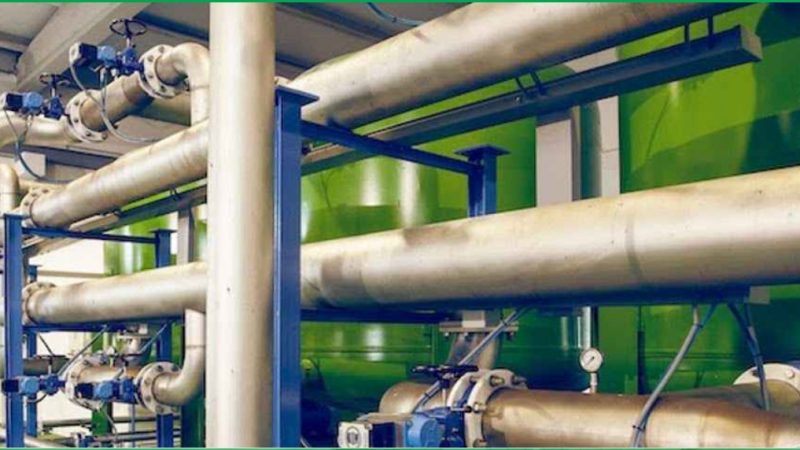Micro silica contains trace amounts of heavy metal oxides and organic deposits, which originate from natural raw materials. … The advantages of using micro silica can be considerable as it reduces thermal cracking caused by the heat of cement hydration and can improve durability to attack by sulphate and acidic waters.
Several materials have recently been used for the improvement of concrete properties. Microsilica or silica fume is an excellent admixture for concrete as it leads to better engineering properties. It reduces thermal cracking, improves durability, and increases strength.
Uses In Concrete.
Because of its extreme fineness and high silica content, silica fume is a very effective pozzolanic material. Silica fume is added to Portland cement concrete to improve its properties, in particular its compressive strength, bond strength, and abrasion resistance.
Silica fume consists primarily of amorphous (non-crystalline) silicon dioxide(SiO2). Concrete containing silica fume can have very high strength and can be very durable. Micro Silica Fume or Microsilica is finer particle than Cement. It is produced by some chemical processing of the ash.
Crystalline silica is a common mineral found in the earth’s crust. Materials like sand, stone, concrete, and mortar contain crystalline silica. It is also used to make products such as glass, pottery, ceramics, bricks, and artificial stone. … About 2.3 million people in the U.S. are exposed to silica at work.
Silica fume is a by-product from the production of elemental silicon or alloys containing silicon in electric arc furnaces. At a temperature of approximately 2000°C the reduction of high-purity quartz to silicon produces silicon dioxide vapor, which oxidizes and condenses at low temperatures to produce silica fume.
After fabrication, portland cement may have about 25 percent silica-containing material; an exact figure is elusive.
Concrete containing silica fume can have very high strength and can be very durable. Because of its fine particles, large surface area, and the high SiO2 content, silica fume is a very reactive pozzolan when used in concrete. The quality of silica fume is specified by ASTM C 1240 and AASHTO M 307.
Portland cement refers to a class of hydraulic cements that are odorless gray powders containing less than 1 percent crystalline silica Portland cement is insoluble in water and contains tri- and dicalcium silicate, in addition to varying amounts of alumina, tricalcium aluminate, and iron oxide.






